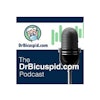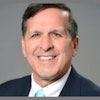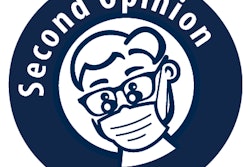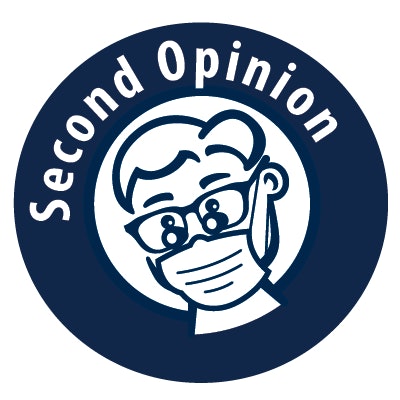
Dental therapists are advanced practice providers, similar to those in medicine (such as physician assistants and paramedics) who are highly trained in a limited scope of practice and must practice under the supervision of dentists. They drill and fill cavities, perform simple extractions, and provide other routine but much-needed services. They are much less costly to train and hire and do not have the much higher financial reward expectations or needs of dentists.
The addition of dental therapists to the profession is a free-market approach to improving oral healthcare delivery safely and cost-effectively. The paradigm expands the ability of small practices and larger clinics to provide dental care more efficiently and profitably, potentially enabling dentists and clinics to accept Medicaid, insurance, and private fees they might otherwise not deem sufficient or practical.
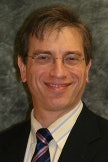 Steven Krauss, DDS, MPH, MBA, EMT-P.
Steven Krauss, DDS, MPH, MBA, EMT-P.Most dentists are owners of small practices. In addition to their significant educational debt, the costs of building and maintaining a dental office are high. The more a proprietor is able to amortize these costs over greater usage, the more profitable is the business. Adding dental therapists to the employee mix allows an increase in office utilization without increased workload of the owner dentist and also simultaneously improved access to care for the general public with a limited increase in marginal cost.
Publicly funded clinics often have difficulty staffing their facilities with dentists who, by necessity, must earn sufficient salary to repay their enormous educational debt while earning a fair wage for their skillful service. Dental therapists are less costly to incentivize to work in clinics and private offices in heretofore underserved areas.
Professional and personal satisfaction are increased when practitioners are able to perform at the top of their profession. Hiring dental therapists gives dentists greater opportunity to focus on more complex (and potentially lucrative) procedures, while reducing their cost to provide more basic services.
The medical profession resoundingly supports the safety and benefits of nonphysician advanced practice providers working in all settings, often performing invasive, perilous, and technically demanding procedures. This has allowed the public to access high-quality medical care while simultaneously keeping costs down and increasing physicians' ability to practice more efficiently and profitably.
Extensive data from almost a century of experience in other developed countries, as well as 15 years in Alaska and 10 in Minnesota, confirm the proficiency and safety of dental therapists, whose patients receive quality, affordable dental care they might otherwise be unable to obtain or afford. Therapists also bring safe and cost-effective dental care to remote areas far from the nearest dentist.
Public and private organizations on all sides of the political spectrum firmly support the licensing of dental therapists. The only opponents of note are predominately leaders of dental organizations, who often testify in state legislative hearings against the licensing of therapists, with no rational justification for their position.
Leaders of dental associations erroneously state only dentists are capable of adequately and safely performing irreversible procedures, contrary to the significant body of published data refuting this argument. They also claim that adding dental therapists to the profession will not improve access to cost-effective care. Even if their misinterpretation of the historical proof were correct (a dubious claim), why should the profession and public's freedom of choice be abridged? No one would be forced to hire or obtain services from a nondentist. However, dentists, clinic owners, and patients should have the opportunity to utilize dental therapists if they so desire.
Licensing requirements should be used for the betterment of the public, not to curtail new paradigms of care. It is time for dentistry to emulate the medical profession and support the licensure of advanced practice providers to improve access to care, lower costs, increase productivity, and enhance professional and public satisfaction.
Steven Krauss, DDS, MPH, MBA, EMT-P, is a pediatric dentist, dental anesthesiologist, and paramedic. He has been in private practice pediatric dentistry since 1990 and can be reached by email at [email protected].
The comments and observations expressed herein do not necessarily reflect the opinions of DrBicuspid.com, nor should they be construed as an endorsement or admonishment of any particular idea, vendor, or organization.

